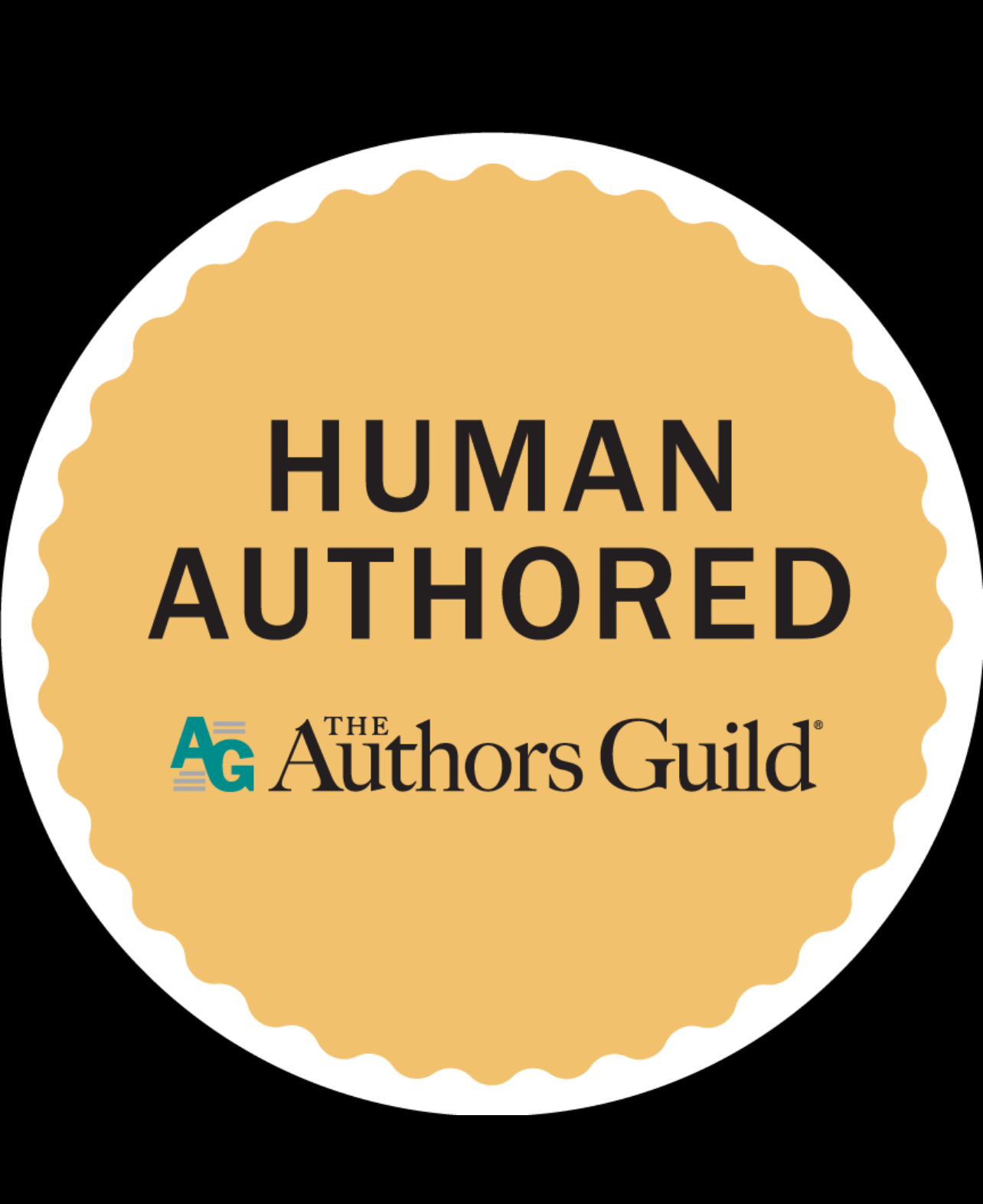CORYNNE MCSHERRY, Electronic Frontier Foundation (EFF); Courts Agree That No One Should Have a Monopoly Over the Law. Congress Shouldn’t Change That
"For more than a decade, giant standards development organizations (SDOs) have been fighting in courts around the country, trying use copyright law to control access to other laws. They claim that that they own the copyright in the text of some of the most important regulations in the country – the codes that protect product, building and environmental safety--and that they have the right to control access to those laws. And they keep losing because, it turns out, from New York, to Missouri, to the District of Columbia, judges understand that this is an absurd and undemocratic proposition.
They suffered their latest defeat in Pennsylvania, where a district court held that UpCodes, a company that has created a database of building codes – like the National Electrical Code--can include codes incorporated by reference into law. ASTM, a private organization that coordinated the development of some of those codes, insists that it retains copyright in them even after they have been adopted into law. Some courts, including the Fifth Circuit Court of Appeals, have rejected that theory outright, holding that standards lose copyright protection when they are incorporated into law. Others, like the DC Circuit Court of Appeals in a case EFF defended on behalf of Public.Resource.Org, have held that whether or not the legal status of the standards changes once they are incorporated into law, posting them online is a lawful fair use.
In this case, ASTM v. UpCodes, the court followed the latter path. Relying in large part on the DC Circuit’s decision, as well as an amicus brief EFF filed in support of UpCodes, the court held that providing access to the law (for free or subject to a subscription for “premium” access) was a lawful fair use. A key theme to the ruling is the public interest in accessing law:"
